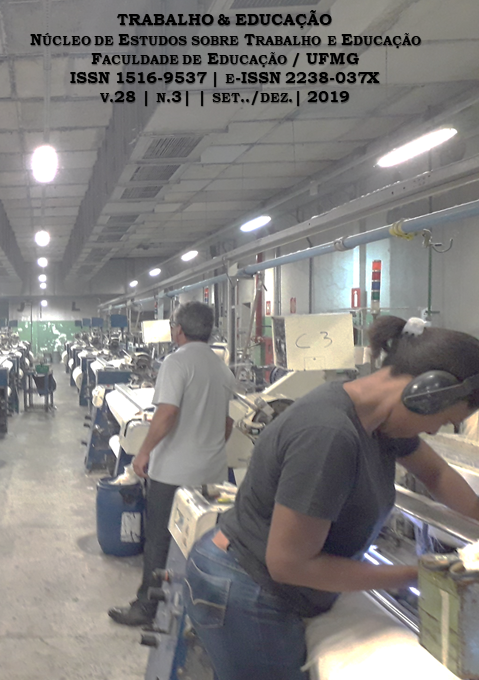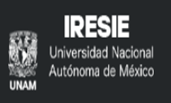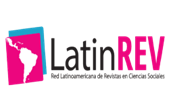The entrepreneur interference in policies for worker education
DOI:
https://doi.org/10.17648/2238-037X-trabedu-v28n3-9854Keywords:
Educational Policy, Public-Private, High schoolAbstract
This article, through bibliographical and documentary research, aims to present the historical paths that led the current federal government to sanction Law n. 13415/2017, of the reform of high school. It also aims to discuss the historical trend of entrepreneurs' interference in the elaboration of educational policies, aimed at secondary education and professional education, in Brazil. It presents indications of these interferences from the elaboration of the Capanema Law, passing through the dictatorial period, in which compulsory professionalization was put into practice through Law 5692/1971. In the process of elaborating LDBEN/1996, the neoliberal ideology reiterates the priority of preparing the subject for the demands of the world of capitalist production. Since 2006, with the establishment of the "All for Education" business movement, the influence of this group becomes more organic and occurs in partnership with the MEC and entities such as CONSED, obtaining a strong presence in the elaboration of the guidelines for the reform of the high school. It concludes by emphasizing that policies for education, historically, are elaborated in a context of dispute between projects very different from society and mediated by the confrontations between the antagonistic classes. Thus, they reinforce the offer of an education for the formation of the workforce that serves the interests of the entrepreneurs and moves away from the ideal of human formation and full of social subjects.
Downloads
References
BRASIL, Decreto Nº 6.094, de 24 de Abril de 2007. Disponível em: http://www.planalto.gov.br/ccivil_03/_ato2007-2010/2007/decreto/d6094.htm Acesso em: 09 jul. 2018.
BRASIL. Plano Diretor da Reforma do Aparelho do Estado. Brasília, 1995. Disponível em: http://www.biblioteca.presidencia.gov.br/publicacoes-oficiais/catalogo/fhc/plano-diretor-da-reforma-doaparelho-do-estado-1995.pdf Acesso em :11 jul. 2018.
BRASIL. Lei n. 13.415/2017. Altera as Leis nº 9.394, de 20 de dezembro de 1996, que estabelece as diretrizes e [...] e institui a Política de Fomento à Implementação de Escolas de Ensino Médio em Tempo Integral. Disponível em: http://www2.camara.leg.br/legin/fed/lei/2017/lei-13415-16-fevereiro-2017-784336-publicacaooriginal-152003-pl.html. Acesso em: 12 jul. 2018.
FERRETTI, Celso J. Reformulações do Ensino Médio. Revista HOLOS, Ano 32, Vol. 6. 2016.
FERREIRA, Eliza B. A Contrarreforma do ensino Médio no Contexto da Nova Ordem e Progresso. Educ. Soc., Campinas, v. 38, nº. 139, p.293-308, abr.-jun., 2017.
FERREIRA, Amarilio; BITTAR, Marisa. Educação e ideologia tecnocrática na Ditadura Militar. Cad. Cedes, Campinas, Vol. 28, n. 76, p. 333-355, 2008.
FRIGOTTO, Gaudêncio. Os Circuitos da História e o balanço da educação no Brasil na primeira década do Século XXI. In: Revista Brasileira de Educação. V. 16, n. 46, 2011. p. 235-254. Disponível em: http://www.scielo.br/pdf/rbedu/v16n46/v16n46a13. Acesso em:12 jul. 2018.
GHIRALDELLI JR., Paulo. História da Educação. 2ª. Ed. São Paulo, SP: Cortez, 2001.
LAVAL, C. A escola não é uma empresa: o neo-liberalismo em ataque ao ensino público. Londrina: Planta, 2004.
MOTTA, Vânia Cardoso da.; FRIGOTTO, Gaudêncio. Porque a urgência da Reforma do Ensino Médio? Medida Provisória N. 746/2016 (Lei n. 13.415/2017). Educ. Soc., Campinas, v. 38, nº. 139, p.355- 372, abr.-jun., 2017.
PALMA FILHO, João C. A Educação Brasileira no período de 1930 a 1960: a era Vargas. Pedagogia Cidadã. Cadernos de Formação. História da Educação. 3. ed. São Paulo: PROGRAD/UNESP- Santa Clara Editora, 2005.
SAVIANI, D. O Plano de Desenvolvimento da Educação: análise do projeto do MEC. Educ. Soc., Campinas, v. 28, n. 100 - Especial, p. 1231-1255, out. 2007.













